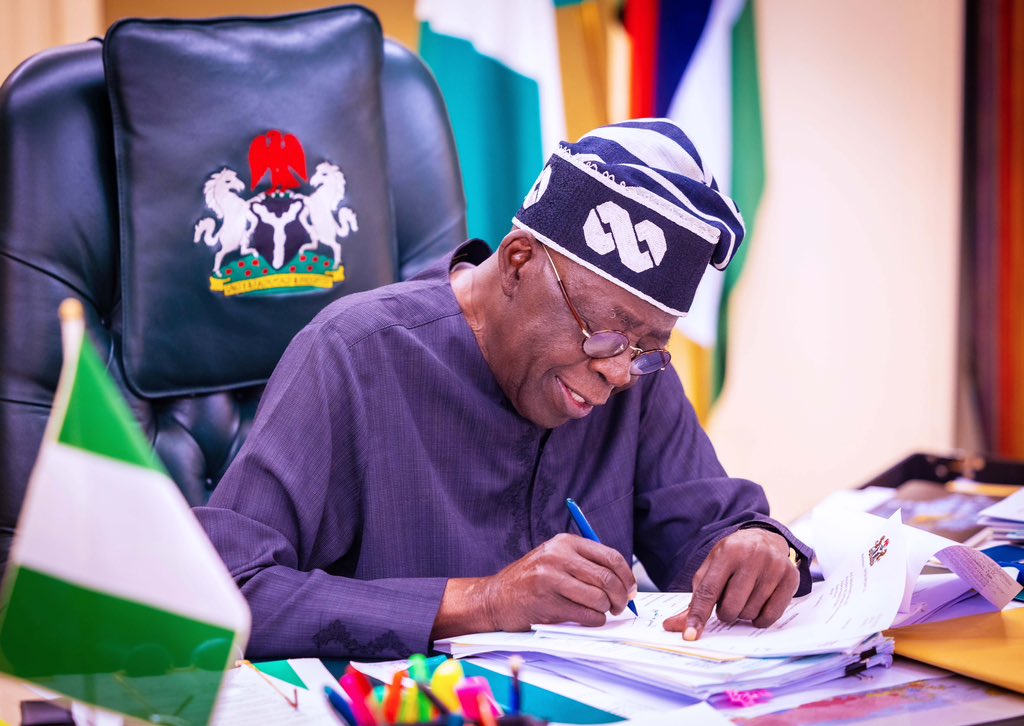President Bola Ahmed Tinubu has approved state pardons for several notable Nigerians, including the late nationalist Herbert Macaulay, former military officer and poet Major General Mamman Vatsa, members of the Ogoni 9, former Yobe State governor Senator Ahmad Lawan, and five others.
The presidential pardons were announced on Thursday following the Council of State meeting held at the Presidential Villa, Abuja. The move, according to the Presidency, was aimed at promoting national healing, reconciliation, and justice reform.
The Council, chaired by President Tinubu, also ratified the clemency and commutation of sentences for 82 inmates across various correctional centres nationwide. The beneficiaries were selected after a review of recommendations by the Presidential Advisory Committee on the Prerogative of Mercy (PACPM).
Historic Reconciliatory Gesture
Speaking after the meeting, Attorney-General of the Federation and Minister of Justice, Lateef Fagbemi (SAN), said the decision reflected the President’s commitment to restorative justice and national unity.
“President Tinubu believes that forgiveness is essential for the healing of our nation. This exercise is both symbolic and practical — symbolic in honouring those who contributed to Nigeria’s evolution, and practical in reforming the correctional system,” Fagbemi stated.
The pardon of Herbert Macaulay, often regarded as Nigeria’s Father of Nationalism, was described as a posthumous gesture to honour his role in the struggle for independence.
Major General Mamman Vatsa, executed in 1986 for alleged involvement in a coup plot, was also granted a posthumous pardon — a decision many view as a correction of historical injustice.
The inclusion of the Ogoni 9, executed under the Abacha regime in 1995 — including environmental activist Ken Saro-Wiwa — is expected to be particularly significant for reconciliation efforts in the Niger Delta.
Political and Humanitarian Dimensions
Among the living beneficiaries is Senator Ahmad Lawan, former President of the Senate, reportedly pardoned over alleged political infractions during the 2023 election cycle.
Other pardoned individuals include five unnamed citizens whose cases were reviewed by the PACPM. The 82 inmates granted clemency are said to include those who have shown genuine remorse, completed substantial portions of their sentences, or suffer from severe health conditions.
The gesture comes as the Tinubu administration marks its second year in office, amid calls for political inclusiveness and reforms in Nigeria’s justice system.
Council of State’s Role
The Council of State, which includes former Presidents, former Chief Justices of Nigeria, state governors, and key national figures, is constitutionally empowered to advise the President on matters relating to national security, appointments, and the exercise of the prerogative of mercy.
Thursday’s session also reportedly discussed the appointment of a new INEC Chairman, national security updates, and strategies for economic recovery.
Political observers say the wide-ranging pardons signal Tinubu’s intent to strengthen his administration’s image as one open to forgiveness and bridge-building — while recalibrating Nigeria’s historical narrative toward unity.

